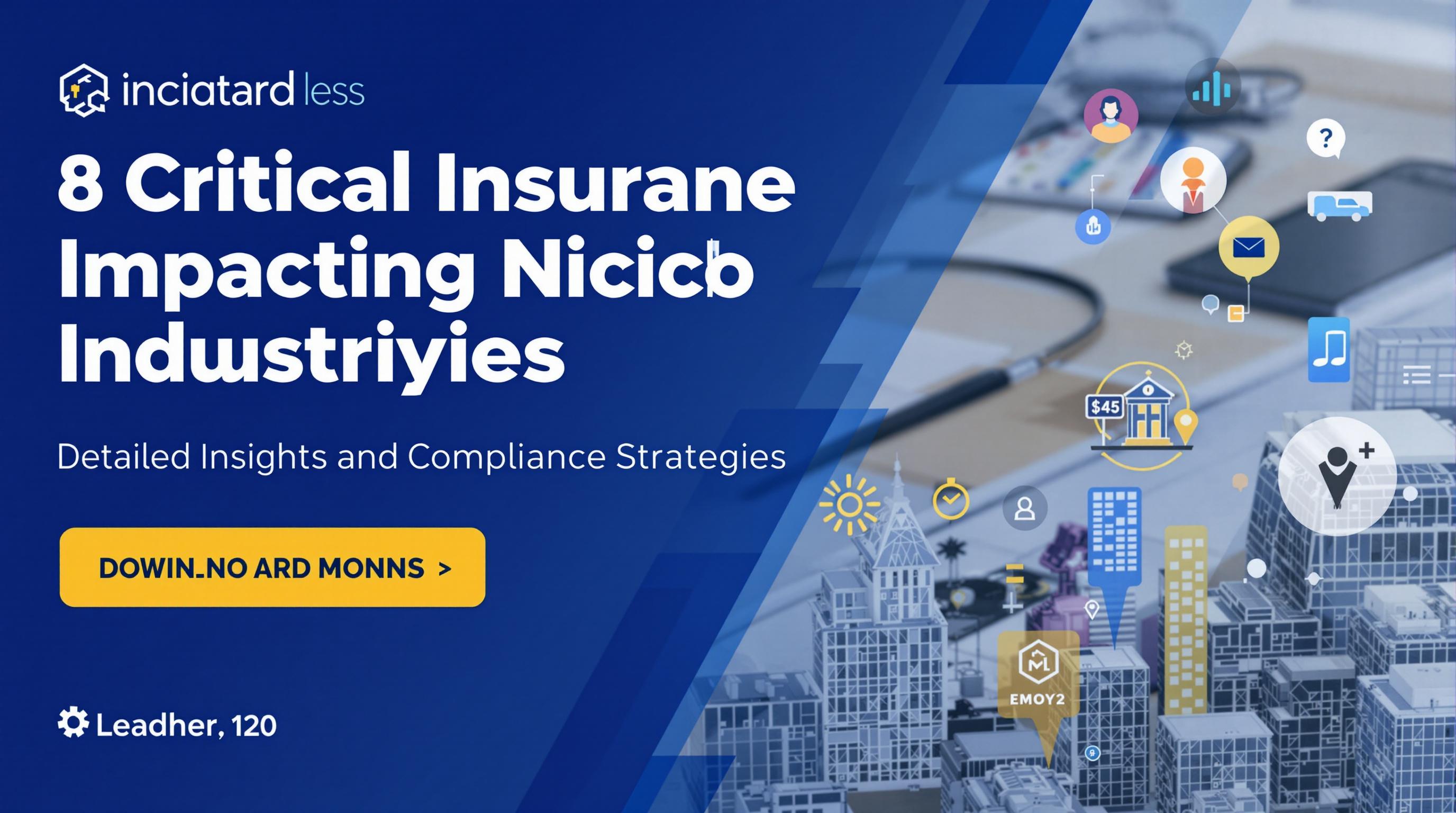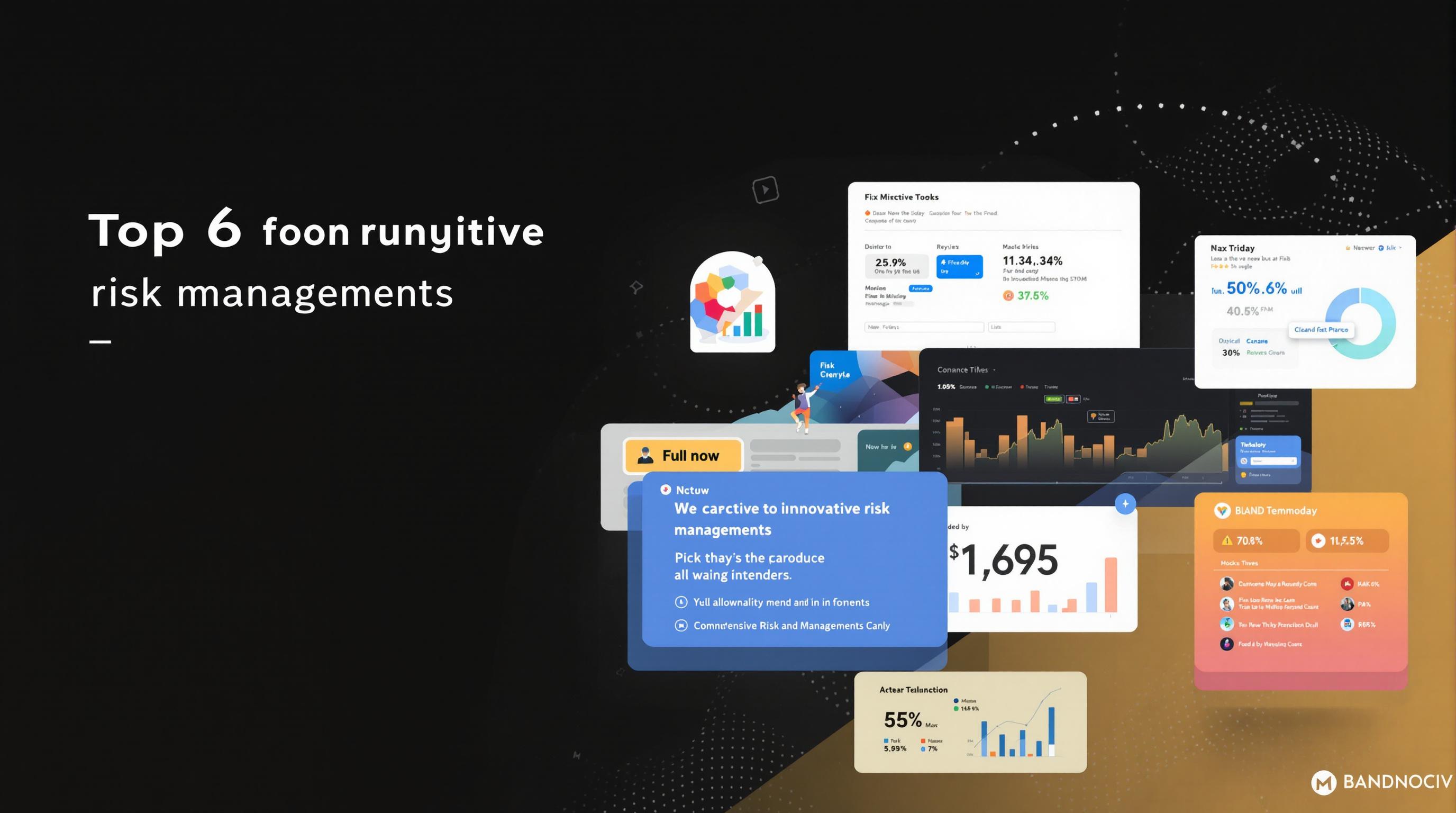Related Articles
- Top 5 Game-Changing Copyright Management Apps from 2019 to 2024 for Modern Creators
- Top 5 Game-Changing Copyright Management Apps Released Since 2019 for Fast, Foolproof Filings
- How Traditional Storytelling Shapes Community Healing in Conflict Settlement Practices Worldwide
- The Role of Ancient Storytelling Traditions in Shaping Modern Conflict Settlement Practices
- The Quiet Shift: How Climate Change Is Secretly Reshaping Liability Standards in Insurance Policies
- The Unseen Impact of Climate Change on Rural Insurance Mandates and Local Risk Assessments
8 Critical Insurance Mandates Impacting Niche Industries: Detailed Insights and Compliance Strategies
8 Critical Insurance Mandates Impacting Niche Industries: Detailed Insights and Compliance Strategies
8 Critical Insurance Mandates Impacting Niche Industries: Detailed Insights and Compliance Strategies
Introduction
The insurance landscape is continuously evolving, with mandates frequently reshaping how niche industries operate. These industries often encounter unique risks beyond conventional sectors, prompting regulators to establish specific insurance requirements. Understanding these mandates is vital for businesses to maintain compliance, protect assets, and ensure long-term sustainability.
This article delves into eight critical insurance mandates that significantly impact niche industries. By dissecting each mandate, we provide detailed insights into their implications and outline effective compliance strategies. Whether you operate in emerging sectors or specialized markets, grasping these insurance requirements is an essential component of sound risk management.
Aligning insurance policies with industry-specific mandates not only mitigates legal and financial risks but also strengthens market reputation and stakeholder confidence. The following sections guide business owners and risk managers through key mandates shaping niche industries today.
1. Cyber Liability Insurance Mandates for Tech Startups
With the rise of technology startups, cyber liability insurance has become increasingly mandated in certain jurisdictions. Regulators recognize the growing threats of data breaches, ransomware, and cyberattacks that can cripple a young company’s operations and reputation.
Mandates often require startups to maintain minimum coverage levels for cyber incidents, including data loss, third-party damages, and business interruption. This insurance protects both the company and its clients against digital risks and fulfills regulatory expectations.
Compliance strategies include conducting regular cyber risk assessments to tailor coverage appropriately, investing in cybersecurity controls to reduce premiums, and staying up-to-date with evolving regulatory frameworks such as GDPR or CCPA, which often drive insurance requirements (source: PCI Security Standards Council).
2. Environmental Liability Insurance in Chemical Manufacturing
Environmental liability insurance is increasingly mandated for chemical manufacturers due to the substantial risks associated with hazardous materials handling. Regulatory bodies impose stringent requirements to mitigate pollution, contamination, and cleanup costs.
This insurance covers third-party claims for environmental damage, remediation expenses, and legal liabilities resulting from accidental releases or chronic pollution. Mandates often specify coverage limits aligning with the scale of chemical operations and the potential environmental impact.
Effective compliance demands a comprehensive environmental risk management plan, integrating insurance with safety protocols, employee training, and emergency response strategies. Businesses should also work closely with insurers to customize policies that address unique chemical processes and regulatory jurisdiction nuances (source: EPA Risk Management Program).
3. Workers’ Compensation Requirements for Gig Economy Platforms
The gig economy’s rapid expansion has challenged traditional insurance frameworks, leading to mandated workers’ compensation coverage in various regions. Platforms engaging independent contractors in delivery, rideshare, or freelance work now face evolving insurance obligations.
Mandates typically require proof of workers’ compensation insurance to cover on-the-job injuries, despite the nontraditional employment status of gig workers. This shift protects workers previously excluded from benefits, fostering safer labor practices.
Compliance strategies involve updating contracts, partnering with specialized insurers that understand gig economy dynamics, and implementing clear injury reporting mechanisms. Monitoring legal developments at state and federal levels is crucial, as legislation continues to evolve in this arena (source: National Council on Compensation Insurance).
4. Professional Liability Insurance in Healthcare Consulting
Niche healthcare consulting firms face increasing mandates for professional liability insurance, often referred to as malpractice insurance. These requirements safeguard against claims arising from negligence, errors, or omissions in advisory services.
Regulatory bodies and clients frequently require consultants to maintain policies with defined limits reflective of the sensitivity and impact of healthcare operations. This coverage protects consultants from costly litigation and reputational harm.
Key compliance measures include conducting detailed risk evaluations, securing coverage policies aligned with contract terms, and maintaining continuous education to minimize liability exposure. Engaging legal counsel to review insurance documentation ensures alignment with both state regulations and industry standards (source: American College of Healthcare Executives).
5. Product Recall Insurance in Artisan Food Production
Artisan food producers are subject to product recall insurance mandates aimed at addressing food safety concerns. Given the complexities of small batch production and local distribution, a recall can have devastating effects on brand trust and financial stability.
Mandated insurance provides coverage for recall costs, including notification, destruction, and associated business interruption expenses. Requirements often vary by region but prioritize consumer safety and rapid response capabilities.
Producers should implement stringent quality control systems alongside insurance coverage, maintain detailed traceability records, and engage with insurers experienced in the food sector for tailored policies. Proactive risk management reduces exposure and supports compliance with evolving public health regulations (source: Food Safety Modernization Act - FSMA).
6. Directors and Officers (D&O) Insurance in Nonprofit Organizations
Nonprofit organizations increasingly encounter mandated D&O insurance requirements to protect board members and executives from personal liability related to governance decisions. Given the mission-driven yet complex financial environments nonprofits operate in, this insurance is critical.
The mandates often stipulate minimum coverage levels and policy features addressing wrongful acts, fiduciary duties, and employment practices claims. Ensuring board confidence and attracting qualified leaders relies heavily on such protections.
Compliance strategies include conducting governance risk assessments, providing board members with insurance education, and periodically reviewing policy terms to reflect organizational growth or restructuring. Partnering with brokers knowledgeable about nonprofit sectors improves enforcement of regulatory mandates (source: Nonprofit Risk Management Center).
7. Aviation Insurance Mandates for Drone Operators
The proliferation of commercial drones has led aviation authorities to mandate specific insurance coverage for operators, covering liability, property damage, and third-party injuries. Regulators aim to balance innovation with safety concerns in this rapidly expanding field.
Mandates require operators to demonstrate proof of insurance before receiving flight permissions, especially in congested or restricted airspaces. Policies vary but generally must address the unique operational risks of drone usage.
Operators should adopt compliance practices such as verifying coverage adequacy regularly, adhering strictly to operational regulations, and engaging insurers specializing in unmanned aircraft systems. Staying informed about evolving aviation laws at national and international levels is essential for continuous compliance (source: Federal Aviation Administration - FAA).
8. Marine Cargo Insurance Requirements for Specialty Freight Forwarders
Specialty freight forwarders handling niche cargo types—such as hazardous goods, perishables, or art—face strict marine cargo insurance mandates. These policies protect against damage, theft, or loss during transit across international borders.
Mandates often prescribe minimum coverage thresholds and policy conditions to align with international trade regulations and customers’ contractual demands. Effective insurance minimizes financial exposures and enhances compliance with customs authorities.
Forwarders should integrate marine insurance with comprehensive cargo risk assessments, optimize packaging and handling procedures, and maintain detailed shipment documentation. Working with insurers experienced in specialty cargo supports tailored policy development and compliance assurance (source: International Chamber of Shipping).
Conclusion
As niche industries evolve, insurance mandates become increasingly specialized to address emergent risks and regulatory priorities. Compliance with these mandates is non-negotiable, requiring continuous diligence and strategic alignment of insurance practices.
Businesses operating within these sectors benefit from proactive risk management, tailored insurance solutions, and ongoing education to navigate complex regulatory landscapes. Leveraging expert advice and staying abreast of legislative developments ensures both legal compliance and sustainable operational resilience.
Ultimately, understanding and implementing the eight critical insurance mandates discussed here empowers niche industry players to safeguard their enterprises, protect stakeholders, and capitalize on growth opportunities with confidence.




